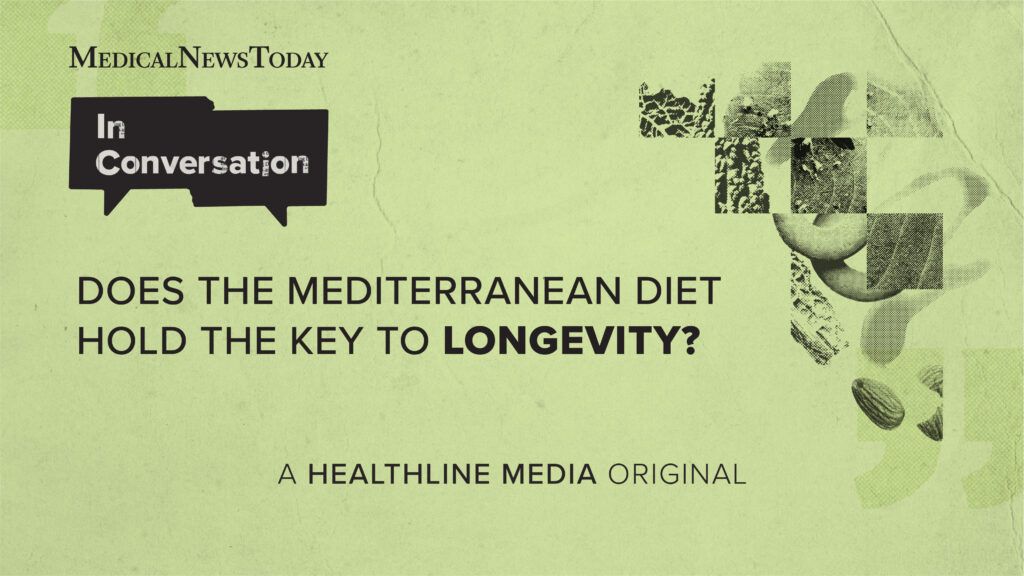The Hidden Dangers of Ultra-Processed Foods and Their Impact on Health

Ultra-processed foods are widespread and contribute to serious health risks like heart disease and inflammation. Learn how these foods impact your health and what policies are being proposed to curb their consumption.
Ultra-processed foods (UPFs) have become a staple in many people’s diets worldwide, often marketed as convenient and even healthy options. These foods include items like potato chips, candies, frozen pizzas, and surprisingly, products like packaged granola bars, sports drinks, and fruit-flavored yogurts, which many consumers believe are nutritious. They are defined by the Nova classification system as industrial formulations made primarily from substances extracted from foods or derived from food components, with little or no intact whole food remaining.
Recent research highlights the growing concern over the widespread consumption of UPFs and their subtle but significant health risks. A study involving diet surveys and medical data from over 6,000 Canadians reveals that UPFs can contribute cumulatively to serious health problems over time. The risks include increasing blood pressure, elevating blood sugar levels, and raising the likelihood of heart attack and stroke. Even individuals who appear healthy—such as those who are physically active, maintain a normal weight, and have no obvious health issues—may unknowingly be at risk due to their intake of these foods.
The harms associated with UPFs extend beyond just calories and nutrients like salt, sugar, and unhealthy fats. The manufacturing processes involve additives, preservatives, artificial flavors, and colorings that alter the body's hormonal responses and may trigger inflammatory processes. For example, additives that extend shelf life and enhance flavor and color can interfere with hormonal regulation and may promote inflammation, which the body perceives as stress. These foods may also produce distorted hormone levels and may not elicit the same response from the body as more natural, minimally processed foods.
A concerning trend is the substitution of healthier staples such as fruits and vegetables with UPFs, largely driven by marketing tactics that emphasize single nutrients like fiber, electrolytes, or vitamins. Such claims can obscure the overall impact of these foods, which are often heavily influenced by multinational corporations prioritizing sales over nutritional quality. While upcoming regulations in Canada will mandate clear labeling of high sodium, sugar, and saturated fat content, the challenge remains that many processed foods, like white bread, bacon, or muffins, may still cause harm due to their overall composition.
Addressing these issues, some countries like France have set specific targets to reduce UPF consumption—aiming for a 20% reduction over five years. Similarly, Canada’s Food Guide recommends limiting processed foods but does not specify concrete reduction goals. Establishing such targets could particularly benefit vulnerable populations in care settings, hospitals, and schools.
Understanding the actual impact of UPFs is vital for informing healthier dietary choices. As research continues, it is crucial that consumers become more aware of what these shiny, packaged products contain and how they influence long-term health. Moving forward, a shift toward more natural, minimally processed foods and clearer food policies could significantly improve public health outcomes.
Source: https://medicalxpress.com/news/2025-06-ultra-foods-theyre-quietly-health.html
Stay Updated with Mia's Feed
Get the latest health & wellness insights delivered straight to your inbox.
Related Articles
U.S. Health Authorities Launch 'Operation Stork Speed' to Enhance Infant Formula Quality
The FDA and HHS have launched Operation Stork Speed to review and improve the safety and nutritional quality of infant formula, incorporating new research and increasing contaminant testing.
Eating More Berries Daily May Promote Healthy Aging, New Research Suggests
Discover how consuming berries and flavonoid-rich foods may promote healthy aging, reduce frailty, and support mental health in older adults according to recent research.
National Study Finds Grain Foods Enhance Dietary Quality and Metabolic Health
A new study highlights how both whole and refined grain foods can improve diet quality, nutrient intake, and metabolic health, offering an affordable approach to balanced nutrition.
Does the Mediterranean Diet Promote Longevity? Evidence and Insights
Discover how the Mediterranean diet may help promote a longer, healthier life through improved heart, brain, and overall health. Learn about recent research and expert tips to incorporate this nutritious eating pattern into your lifestyle.



